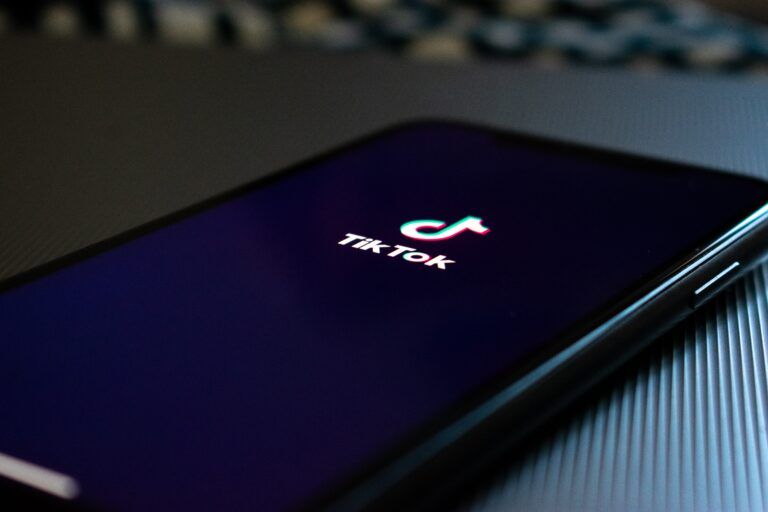
2020’s Biggest Tech Stories, and What to Watch Next Year
In our final post to this wild year, we take a look back at the biggest tech stories in the year that was, while also peeking at what’s to come in 2021.

In our final post to this wild year, we take a look back at the biggest tech stories in the year that was, while also peeking at what’s to come in 2021.
Facebook is the latest technology giant to stare down an antitrust suit. With its inherent complexities, any resolution is likely years away.

Apple announced a policy shift regarding its App Store, but the company still faces antitrust allegations.

In this post, we explore Facebook and Twitter’s efforts at stemming the tide of election misinformation in 2020, and look at possible ways the companies can improve.

Convenient, secure, and confirmable, paper ballots may be a rarity today – a low-tech solution that best solves a high-tech problem.

Consistent with political divides in the U.S., the two presidential candidates agree on very little. The subject of how to regulate Technology companies is no exception.

Intelligence agencies, Facebook and Twitter have sounded the alarm about new cyber-threats from Russia and other countries.

TikTok is beholden to Chinese law, making its presence in the United States a potential national security issue.

The US Department of Justice’s potential antitrust lawsuit against Google may be encountering some stumbling blocks.

The latest high-profile Twitter hack raises questions about hacking methodology, punishment, and security issues.